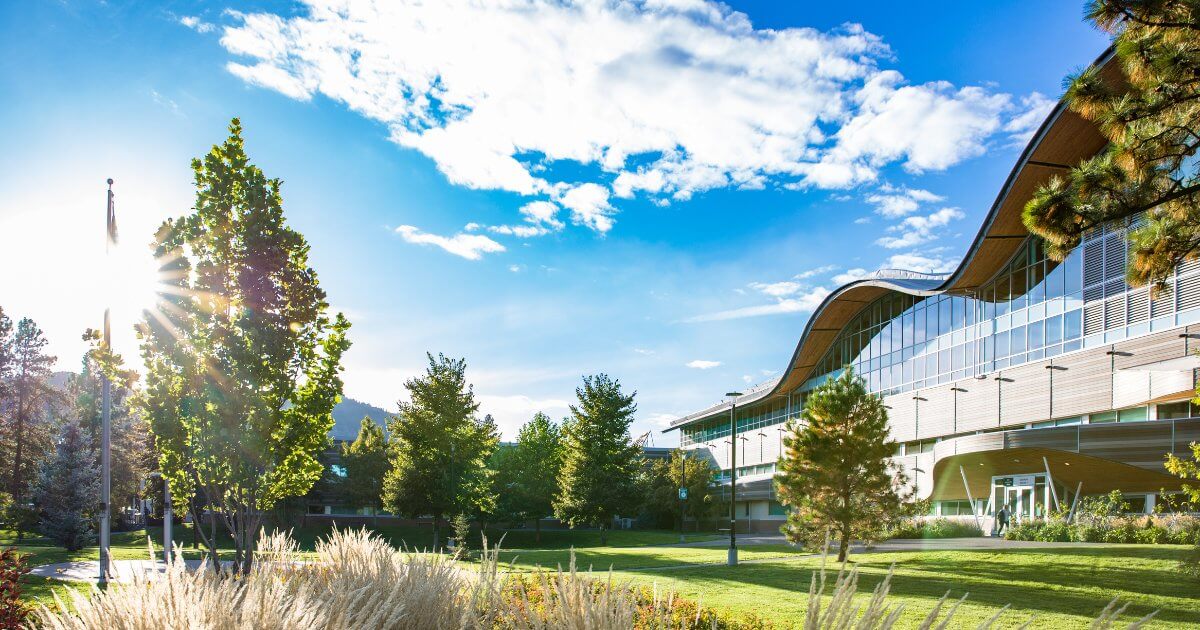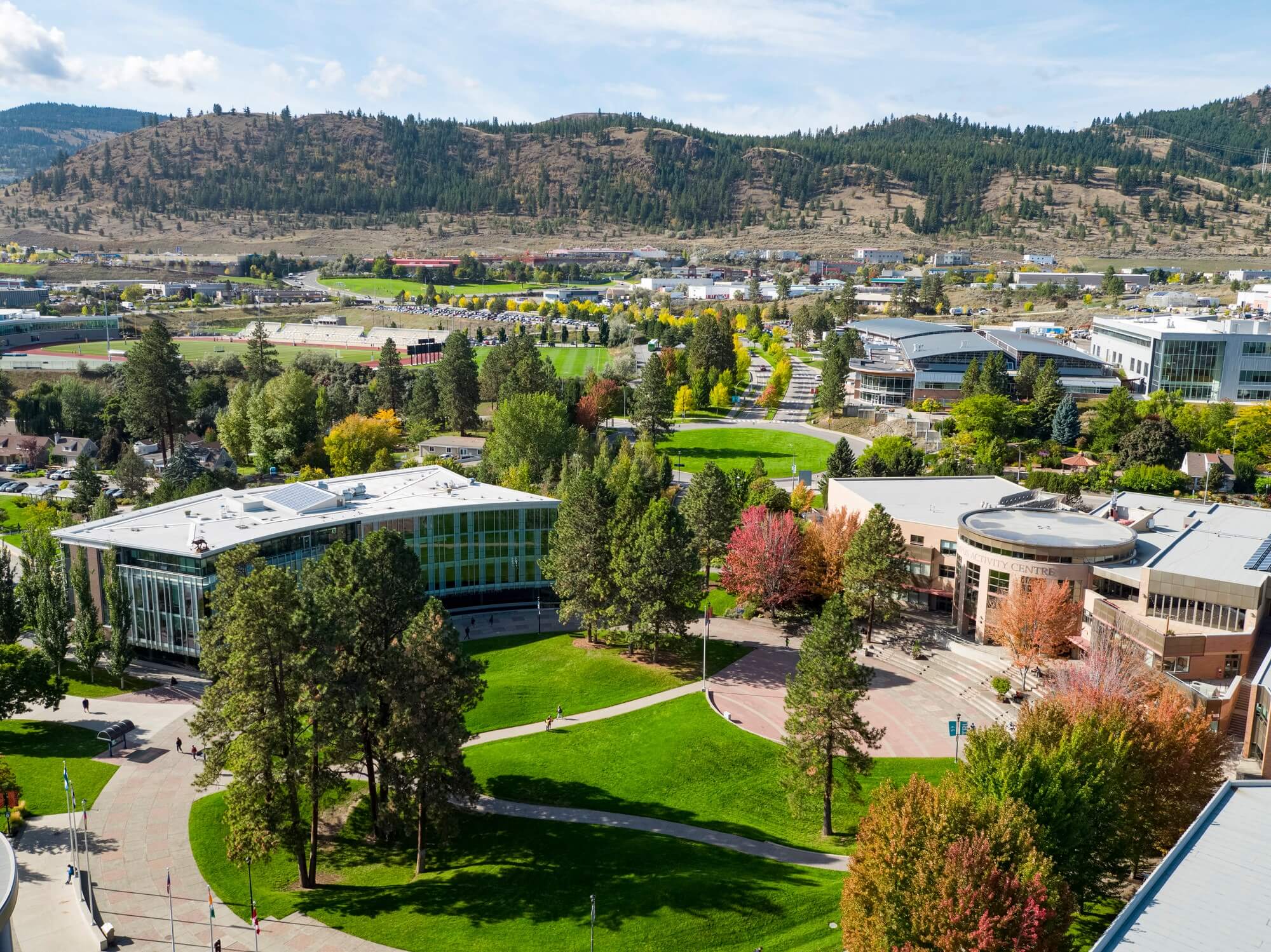Courses (Preview)
Core Biology Courses: The program includes core courses in biology that cover fundamental topics such as cell biology, genetics, molecular biology, physiology, and evolution. These courses provide a solid foundation in biological principles and processes.
Animal Biology Courses: Specific courses in animal biology are a key component of the program. These courses delve into the anatomy, physiology, behavior, and ecology of various animal species. Students learn about the diversity of animals, their adaptations to different environments, reproductive strategies, and interactions within ecosystems.
Laboratory Work: Hands-on laboratory work is an essential part of a Bachelor of Animal Biology program. Students have the opportunity to gain practical skills in animal dissection, data collection, microscopy, and other laboratory techniques. These experiences enhance their understanding of animal structure, function, and research methodologies.
Wildlife and Conservation: Many programs emphasize wildlife biology and conservation. Students learn about the conservation challenges facing animal species and ecosystems, and explore strategies for their protection and management. They study topics such as habitat loss, population dynamics, endangered species conservation, and the impacts of human activities on wildlife.
Ethology and Animal Behavior: Courses in ethology and animal behavior provide insights into the study of animal instincts, communication, social interactions, and cognition. Students learn about the scientific methods used to study animal behavior and how behavior contributes to the survival and reproduction of species.
Field Studies: Some programs incorporate field studies to provide hands-on experience in natural environments. Students may participate in field trips, ecological surveys, or research projects to observe and study animals in their natural habitats. Field studies allow students to apply their knowledge and develop field research skills.
Conservation Biology: Courses in conservation biology focus on the principles and practices of conserving and managing animal populations and habitats. Students learn about the threats to biodiversity, conservation strategies, and the application of scientific research in conservation efforts.
Evolutionary Biology: Evolutionary biology courses explore the processes and mechanisms of biological evolution. Students learn about the principles of natural selection, genetic variation, speciation, and adaptation. They gain an understanding of how evolutionary processes have shaped the diversity of animal species over time.
Research and Data Analysis: Students learn research methodologies, experimental design, and data analysis techniques used in animal biology research. They may have opportunities to engage in independent research projects or work alongside faculty members on ongoing research initiatives.
Show less












